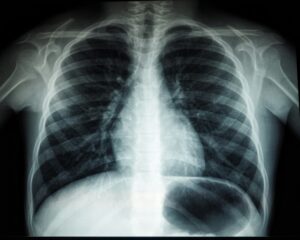Highways England plan to accelerate the use of warm mix asphalt (WMA) as part of the drive towards net-zero emissions.
Asphalt is the black, tarry material that’s often used to pave roads or fill in potholes.
Typical asphalts are produced at 190°C but the simple principle behind WMA technologies is to manufacture asphalt at reduced temperatures but with additional additives, thereby using less energy and delivering carbon savings, without compromising performance.
According to Highways England, if all production in the UK switched to WMAs, it would save around 61,000 tonnes of CO2 a year, the equivalent of cutting around 300 million miles of car journeys.
It could also help save up to £70m a year through an increase in shift outputs.
The Government-owned company has been using the material since 2015 but a collaborative programme with the supply chain and extensive research now means it can be used freely across the Strategic Road Network (SRN).
Highways England is now asking all those involved in the construction and/or maintenance of the strategic road network, particularly designers and main contractors, to utilise WMAs as it moves towards net zero.
Malcolm Dare, executive director of commercial and procurement at Highways England, said: ‘This is a big step forward for Highways England that allows us to not only achieve huge efficiency savings but also reduce carbon as we strive for net-zero.
‘Carbon reduction, along with ensuring our roads provide smooth, safe, and efficient journeys for motorists, are key and something we are constantly striving to improve for generations to come.
‘That’s why we are altering our way of working to encourage and enable the use of warm mix asphalts as standard across the supply chain, which has efficiency, sustainability, and health and safety benefits whilst not compromising performance.’
Photo by Dimitry Anikin

















Leave a Reply